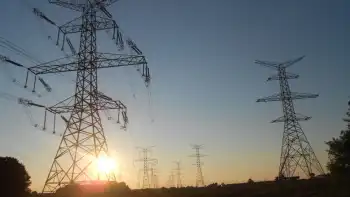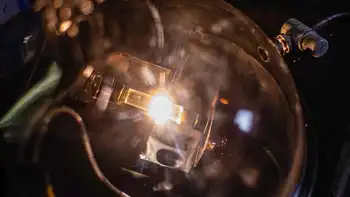Minnesota Signs Deal With Manitoba Hydro
WINNIPEG -- - The Minnesota Public Utilities Commission has unanimously approved a $1.7 billion power export deal with Manitoba Hydro.
It allows Minneapolis-based Xcel Energy to import power from Manitoba Hydro, despite the objections of aboriginal groups.
The 500-megawatt, 10-year deal was given the go-ahead.
It's an extension of an existing deal and will allow power to be exported until 2015.
Approval by Canada's National Energy Board is pending.
The Minnesota decision is a blow to the Pimicikamak Cree Nation of Cross Lake, Manitoba. They had asked the commission to first call a formal hearing into the social and economic impact of historic hydro development on their homeland.
Related News

Opinion: The dilemma over electricity rates and innovation
TORONTO - Canadian Electricity Innovation drives a customer-centric, data-driven grid, integrating renewable energy, EVs, storage, and responsive loads to boost reliability, resilience, affordability, and sustainability while aligning regulators, utilities, and policy for decarbonization.
Key Points
A plan to modernize the grid, aligning utilities, regulators, and tech to deliver clean, reliable, affordable power.
✅ Smart grid supports EVs, storage, solar, and responsive loads.
✅ Innovation funding and regulatory alignment cut long-term costs.
✅ Resilience rises against extreme weather and outage risks.
For more than 100 years, Canadian electricity companies had a very simple mandate: provide reliable, safe power to…




